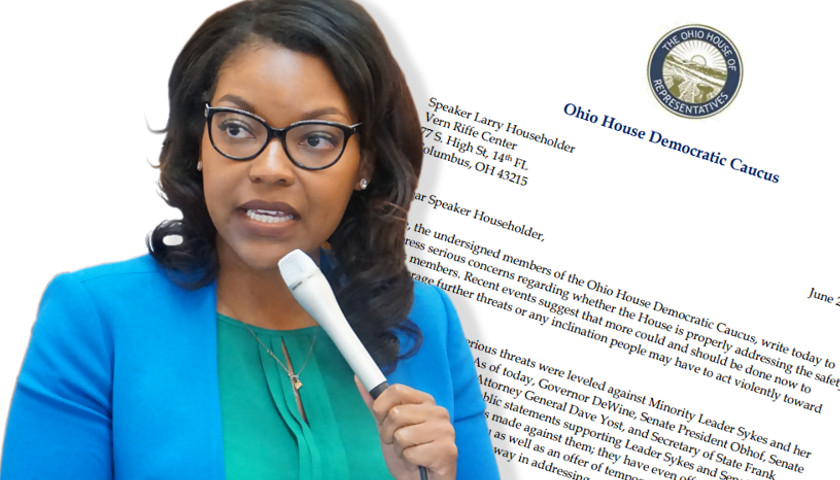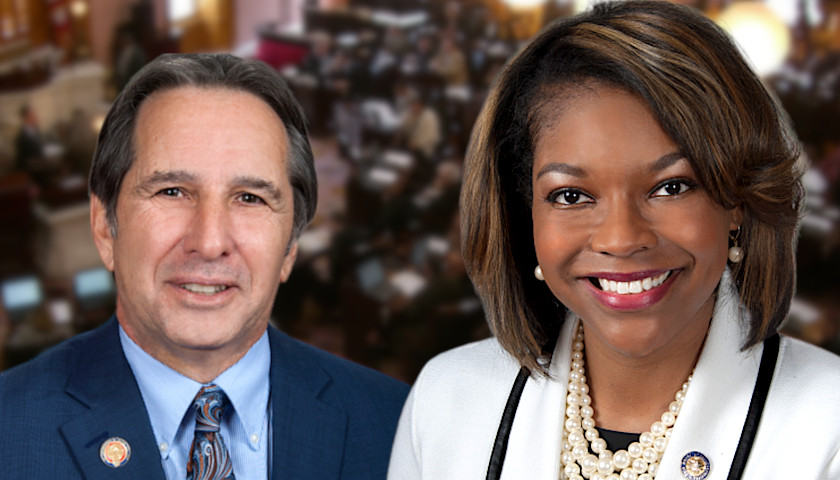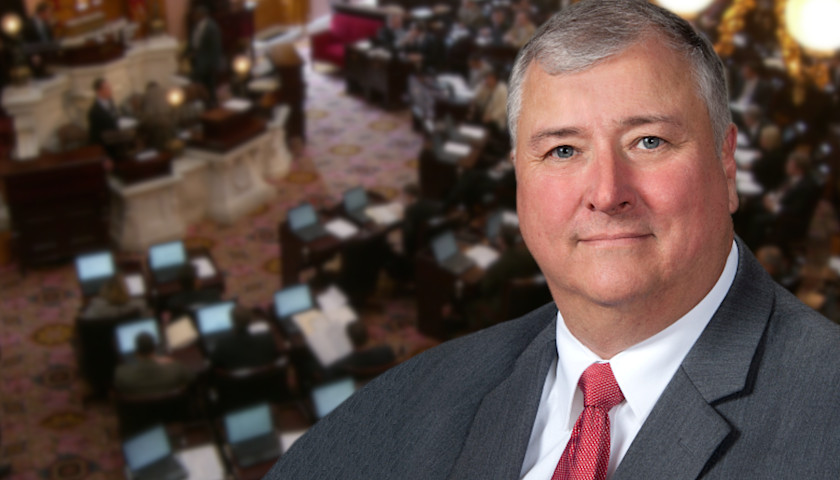A revised state budget proposal unveiled Thursday by House Republican leadership would introduce substantial income tax cuts for Ohioans but would do so by eliminating tax breaks for small businesses. The budget plan, House Bill 166, builds off of the budget proposal put forward by Gov. Mike DeWine, who said Friday that the bill sticks to the “essential principles” of his proposal. Under the proposal, Ohio’s lowest tax brackets would be completely eliminated, such that earners who make $22,250 or less annually wouldn’t pay any state income taxes. The state’s middle two brackets would also see significant reductions in income taxes. But these income tax reductions would be partially paid for by cutting down on the state’s small business tax deduction. Currently, small businesses don’t pay taxes on the first $250,000 of income, but that would be lowered to $100,000 under the new budget proposal. “We shouldn’t try to pick winners and losers. What we should try to do is set a balanced field out there and let people compete in business,” House Speaker Larry Householder (R-Glenford) said when unveiling the proposal. The Buckeye Institute, an Ohio-based conservative think tank, believes that Republicans are making a mistake in not…
Read the full story





